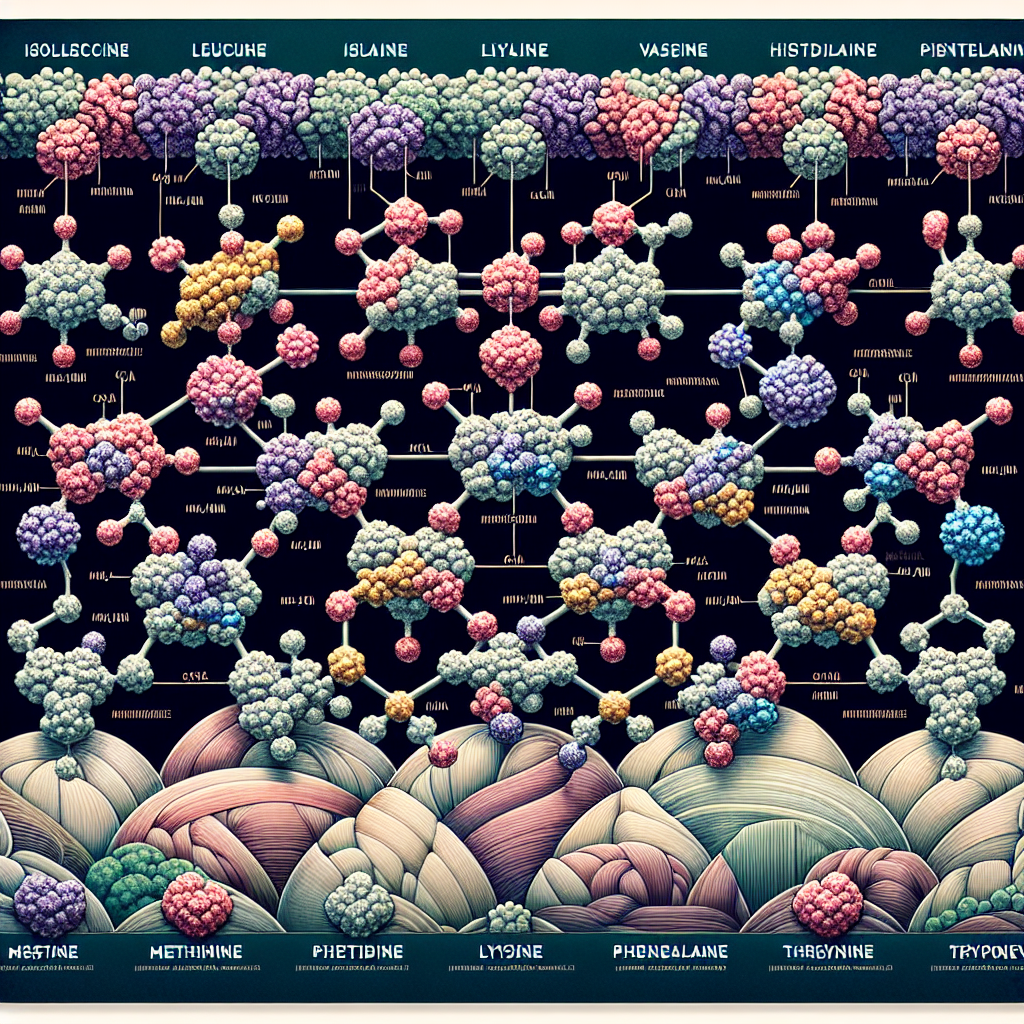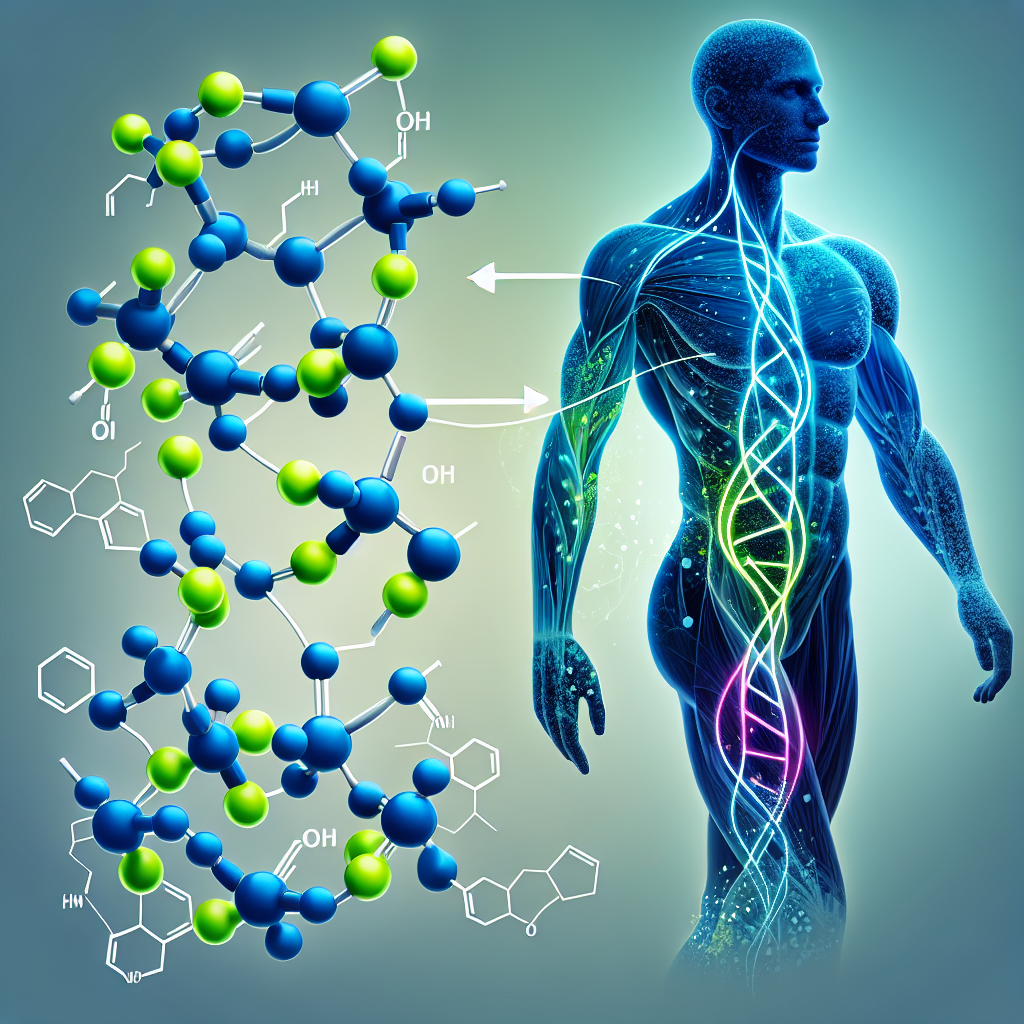As women cross the threshold of 50, their bodies undergo significant changes that can impact overall health and quality of life. Among these changes, perhaps one of the most concerning yet least discussed is sarcopenia – the gradual loss of muscle mass that accelerates after menopause. What many healthcare providers fail to emphasize is the critical role that specific amino acids play in combating this age-related muscle decline.
Amino acids serve as the fundamental building blocks of proteins in our bodies, playing essential roles in nearly every physiological function. For women over 50, these microscopic compounds become increasingly important as natural hormone changes affect how efficiently the body maintains muscle tissue. Understanding which amino acids are most beneficial and how to incorporate them effectively can make a remarkable difference in maintaining strength, mobility, and independence as you age.
The Foundation of Cellular Health: Understanding Amino Acids
Amino acids are organic compounds that combine to form proteins, which are crucial for virtually every biological process in the human body. Of the 20 amino acids our bodies need, nine are classified as “essential,” meaning they cannot be produced internally and must be obtained through diet or supplementation.
These essential amino acids—histidine, isoleucine, leucine, lysine, methionine, phenylalanine, threonine, tryptophan, and valine—are crucial for muscle growth, immune function, hormone production, and more. For women over 50, ensuring adequate intake of these compounds becomes increasingly vital as the body’s ability to synthesize and utilize protein diminishes with age.
Research indicates that older adults process protein differently than younger individuals, often requiring higher amounts to achieve the same muscle-preserving effects. This phenomenon, known as “anabolic resistance“, makes targeted amino acid supplementation particularly valuable for mature women looking to maintain their physical strength and functionality. This phenomenon, known as “anabolic resistance,” makes targeted amino acid supplementation particularly valuable for mature women looking to maintain their physical strength and functionality.
Age-Related Challenges: Why Women Over 50 Need Targeted Nutrition
The transition through menopause brings numerous physiological changes that present unique nutritional challenges. For many women over 50, these changes include:
Accelerated Muscle Loss: After 50, women typically lose 1-2% of their muscle mass annually, which can significantly impact strength, mobility, and metabolism.
Hormonal Fluctuations: Declining estrogen levels affect how efficiently the body utilizes protein for muscle maintenance.
Decreased Metabolic Rate: Reduced muscle mass contributes to a slower metabolism, making weight management more challenging.
Compromised Recovery: The body’s ability to repair tissue after physical activity diminishes, extending recovery time between workouts.
Altered Nutrient Absorption: Digestive changes can reduce how effectively the body absorbs and utilizes certain nutrients from food.
These age-related challenges create a perfect storm that can accelerate muscle loss unless proactively addressed. This is where the best amino acids for women over 50 come into play, offering targeted nutritional support that conventional protein sources alone may not provide efficiently enough.
Amino acids don’t just support muscle health; they influence numerous systems throughout the body. Research shows they can improve cardiovascular function by supporting healthy blood pressure, enhance energy metabolism by facilitating proper mitochondrial function, and assist in fat breakdown, making them multi-functional allies for women navigating the physical changes of aging.
One study published in the Journal of Nutrition found that older adults who supplemented with specific amino acids showed improved muscle synthesis rates comparable to younger individuals, effectively counteracting some effects of anabolic resistance. This finding suggests that the right amino acid combination might help “turn back the clock” on age-related muscle loss.
Key Amino Acids Every Woman Over 50 Should Know About
Not all amino acids offer the same benefits for mature women. Based on current research, several stand out as particularly valuable for women over 50:
Leucine: The Muscle Preservation Powerhouse
Leucine deserves special attention as perhaps the most crucial amino acid for women over 50. This branched-chain amino acid (BCAA) serves as a molecular trigger for muscle protein synthesis, essentially “turning on” the body’s muscle-building machinery.
Research indicates that older adults require approximately 2.5-3g of leucine per meal to overcome age-related anabolic resistance and stimulate muscle protein synthesis effectively. This amount is significantly higher than what younger adults need, highlighting the importance of targeted supplementation for women in this age group.
Dr. Elena Roberts, a geriatric nutrition specialist, explains: “Leucine is like a metabolic switch that becomes less sensitive with age. By increasing leucine intake, we can help compensate for this reduced sensitivity and maintain the muscle-building response that naturally diminishes over time.”
Beyond muscle preservation, leucine may also help regulate blood sugar levels and support weight management – both common concerns for women over 50.
Lysine: Supporting Bone Health and Immunity
Lysine plays a dual role that makes it particularly valuable for women over 50. First, it aids in calcium absorption and collagen formation, making it essential for maintaining bone density – a critical concern as osteoporosis risk increases after menopause.
Additionally, lysine supports immune function, which naturally declines with age. Studies suggest that adequate lysine levels may help reduce the frequency and severity of common infections, supporting overall health and vitality.
For women who follow plant-based diets, lysine supplementation may be especially beneficial as this amino acid is less abundant in plant proteins compared to animal sources.
Isoleucine: Energizing Recovery and Metabolism
As another branched-chain amino acid, isoleucine works synergistically with leucine to support muscle health. Its particular strength lies in energy regulation and recovery enhancement.
Isoleucine helps facilitate glucose uptake into muscle cells, improving energy availability during physical activity. This benefit becomes increasingly important for women over 50, who often experience reduced energy levels and increased fatigue.
Research also suggests that isoleucine may help regulate blood sugar levels and support efficient metabolism, addressing two common concerns for women in midlife and beyond.
Glutamine: The Recovery Assistant
Although technically a non-essential amino acid (meaning the body can produce it), glutamine levels naturally decrease with age and during times of stress or illness. For women over 50, supplemental glutamine may provide valuable support for recovery and immune function.
Glutamine serves as a primary fuel source for immune cells and helps maintain the integrity of the intestinal lining, which often becomes more permeable with age. By supporting digestive health, glutamine may improve nutrient absorption and reduce inflammatory responses, creating a foundation for better overall health.
HMB (β-hydroxy β-methylbutyrate)
While not an amino acid itself, HMB is a metabolite of leucine that deserves mention for its powerful anti-catabolic properties. Research suggests that HMB may help prevent muscle breakdown during periods of inactivity or stress – situations that often affect women over 50 during illness or recovery from procedures.
A 2013 study published in the Journal of Gerontology found that HMB supplementation helped preserve muscle mass in older adults even during periods of reduced physical activity, making it a valuable addition to an amino acid regimen for women concerned about maintaining muscle during less active phases of life.
Quality Matters: Choosing Effective Amino Acid Supplements
Not all amino acid supplements deliver equal benefits. The effectiveness of these compounds depends greatly on their quality, bioavailability, and formulation.
High-quality manufacturing processes are essential for ensuring the purity and efficacy of amino acid supplements. When evaluating options, look for products that:
Undergo Third-Party Testing: Independent verification confirms that what’s on the label matches what’s in the bottle and screens for potential contaminants.
Follow Good Manufacturing Practices (GMP): Adherence to these standards indicates rigorous quality control throughout the production process.
Offer Complete Transparency: Reputable manufacturers provide detailed information about their sourcing, testing protocols, and quality assurance measures.
Provide Bioavailable Forms: The body’s ability to absorb and utilize amino acids varies based on their form and accompanying ingredients.
According to nutrition scientist Dr. James Chen, “The manufacturing process significantly impacts how effectively your body can use amino acid supplements. Products that cut corners on quality often fail to deliver the promised benefits, regardless of their amino acid content on paper.”
For optimal results, many experts recommend free-form amino acids, which require less digestive processing and may be more readily absorbed by aging digestive systems. These formulations bypass some of the digestive challenges that can limit the effectiveness of protein-bound amino acids, especially for women over 50 who may experience decreased digestive efficiency.
Additionally, combination formulas that include synergistic nutrients like vitamin D and magnesium may enhance the effectiveness of amino acid supplements by addressing related nutritional needs that impact muscle health and overall vitality.
Empowering Your Health Journey with Premium Nutritional Ingredients
Selecting the right amino acid supplements represents an investment in long-term health and independence. As with any nutritional decision, quality and transparency should guide your choices.
Look for manufacturers who partner with premium ingredient suppliers committed to rigorous quality standards. These partnerships ensure that the amino acids in your supplements meet or exceed industry expectations for purity, potency, and efficacy.
NutraAeon, a trusted global partner for nutritional ingredient sourcing, exemplifies this commitment to quality. By connecting innovative supplement manufacturers with premium-quality raw materials, companies like NutraAeon help ensure that the amino acid supplements reaching consumers contain the highest-quality ingredients available.
Their philosophy of quality, transparency, and empowerment aligns perfectly with the needs of women over 50 seeking effective solutions for age-related muscle loss. By prioritizing comprehensive testing protocols and full supply chain visibility, such ingredient partners enable manufacturers to create products that deliver on their promises.
Conclusion: Taking Control of Age-Related Muscle Loss
For women over 50, maintaining muscle mass isn’t just about aesthetics – it’s about preserving independence, mobility, and metabolic health for decades to come. The right amino acid supplements, particularly those rich in leucine, lysine, and isoleucine, offer a powerful strategy for countering the natural muscle loss that accompanies aging.
By choosing high-quality supplements manufactured with premium ingredients and transparent processes, you can take proactive steps to support your muscle health even as hormonal changes create new challenges. Remember that consistency matters – amino acids work best when incorporated into a comprehensive approach that includes regular resistance exercise, adequate hydration, and an overall nutrient-rich diet.
The secret weapon against age-related muscle loss isn’t actually a secret at all – it’s the strategic use of specific amino acids that support your body’s changing needs. While your doctor might not emphasize this approach, the growing body of research supporting targeted amino acid supplementation for women over 50 makes a compelling case for including these powerful compounds in your wellness routine.
With the best amino acids for women over 50, you can actively support your body through the natural changes of aging, maintaining the strength, energy, and vitality to embrace all that this stage of life has to offer.


